Stories , Interviews
Mothering a Muslim : Some heart-rending facts about raising a Muslim child in India
Nazia Erum, author of Mothering a Muslim speaks her heart in an interview with Himanshi Lydia Singh.
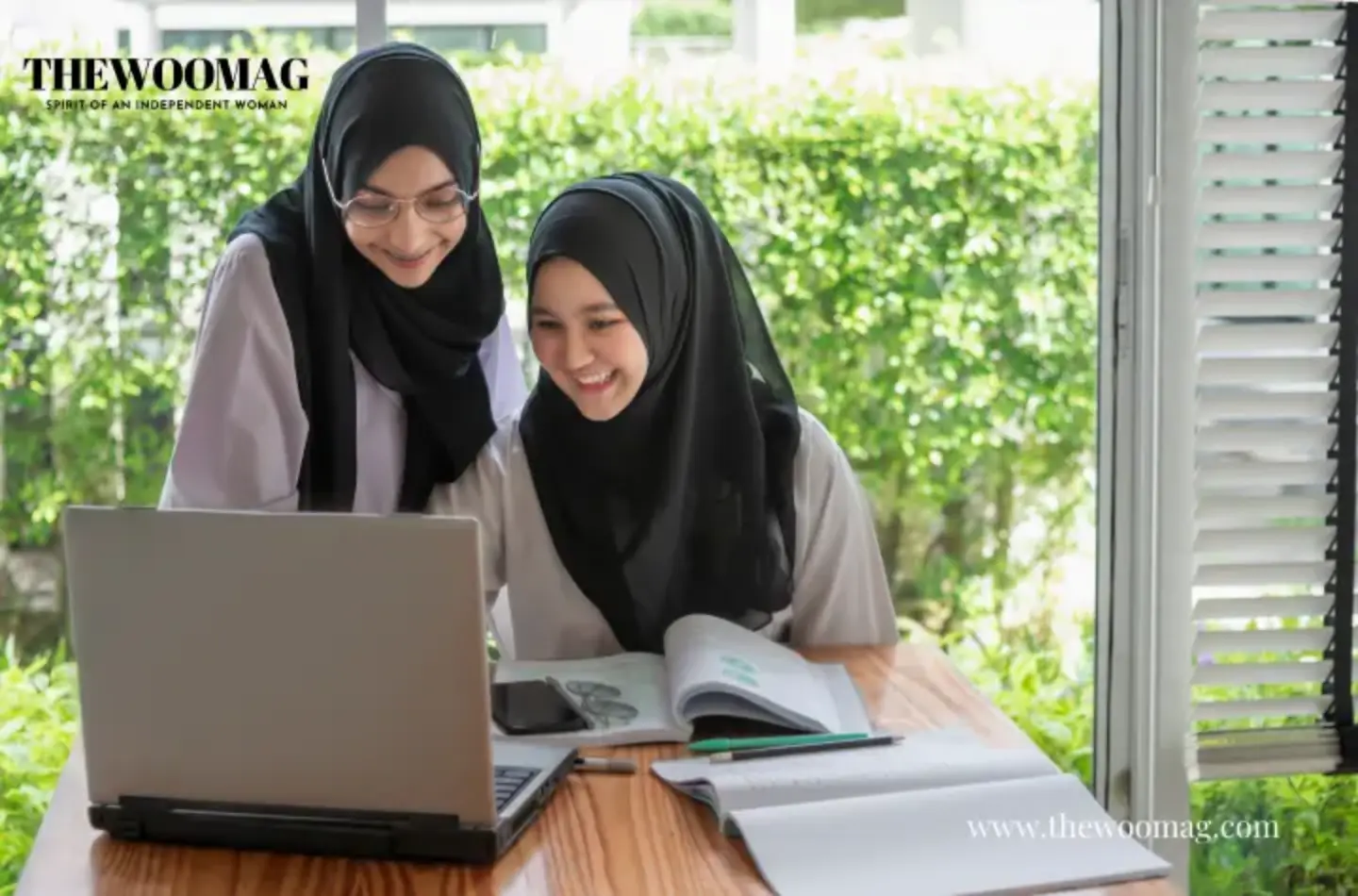
They are split between the two worlds. On one hand, whatever they do is not enough to prove that they are equal and equally Indian, same flesh and blood of Mother India. And, on the other hand, they are pushed to the wall being told that they are nothing more than just Muslims. Is it ethical? Is it OK? What mindset they will grow with? How do you expect the hearts to feel love and compassion who receive hatred and subjected to bullying because of their religion. Are we writing the destinies of this generation to be something that we won't them to be?
Nazia Erum is asks some potent questions from our society on behalf of these innocent children in her latest book - Motheering A Muslim. Watch Nazia Erum in conversation with Himanshi Lydia Singh, editor of THEWOOMAG (with transcription given below the video). Himanshi:- Hi Nazia, it's great to have you over at thewoomag.com. So, you've been entrepreneur, communication specialist, a journalist, a Tedex speaker and a lot more. Can you share a little more about your journey with us?
Nazia:- That will take a lifetime, right? Well, I think about this book, I speak only as a mother. Because I think this story was waiting for a mother to pick. David, senior journalist from Telegraph wondered why they didnt do the story. There was an acedemicial from US who said, "Academicians should have done this kind of research. Shouldn't have waited for a mother to take this up". But, I think as a nation we missed the fact that our children are constantly listening to all our 9 P.M news, the accusations and allegations. and this is then mirroring in the 10 a.m. classrooms. We somehow as a nation missed the fact thinking these things are limited to our idiot box, to our television screens but it's not. It's in our home. Your , mine, everyone's.
Himanshi:- Because the kids, they observe us, they notice us, how we react to things.
Nazia:- Himanshi, you know when I had my child and I remember the first initial pediatrics visits, the pediatrician told me, Don't think that you are going to be watching over the child. The child will be watching you. And seriously, honestly, I feel the words of my pediatrician reflecting in every single page of my book. This is just not about Muslims, it's just so not about Muslim children. It's about all the children out there because hate will suck them up irrespective of their religion. I mean what have we done to our kids, 6-year-olds beating each other for their religion. They say, Oh, you are a Muslim and I hate Muslims, and then they start beating each other up. So, if this is what we have done to our children we really need to take stalk of what is happening out there. Because As a mother I feel there are so many things to worry about. I mean 8-year-olds, 8 months Old babies are getting raped to incidents in schools that have not yet been given a full report about. Or students going in and killing their principles, Students killing the young ones in their schools. There are weird things happening out there and as a mother, you need to question what is adding to the difficulties out there and what is making us so violent. And, what is making us so angry? 15-year-old saying that he called me a terrorist and how I will show him what terrorism is. Do we really want our children to be safe? Himanshi, I don't think any mother will her child to hate another child. So, it's just heartbreaking.
I have cried while talking to the mother I have cried while listening to the conversations and have cried while writing the book.
As a mother it is so difficult to, I mean my child is only 3 years old, going to the school and she is going to be soon joining the big school out there. It was extremely worrying for me as a mother to come and face this fact that this can be a line that is used toto bully my child. And, I as a mother still do not have an answer, the script that I need to provide to my child when she comes home and asks me if I am a Pakistani. As a mother, why do I need to have that script ready? I ask it as a mother, why do I have to give a script ready to my child when she comes and is identified as a Muslim and then asks me a question around that and then how do I handle that. I still don't know.
Himanshi:- Well, that's a very unnatural thing to do. And, how does one justify this to a child?
Nazia:- Himanshi, I think we are as a nation uncomfortable talking about sex, uncomfortable talking about homophobia.
Himanshi:- I was going to ask you this question, what triggered you to write this book?
Nazia:- There was not just one moment that triggered my mind, but there were so many things, one of which I remember is my daughter's best friend's father was in our house over a party. And he was asking me, why are you so worried about this incident with Junaid had happened. Why are you worried lynching? This is a high society, why do you need to care? So, at this moment, I knew that it was a genuine question from that person, but only as a Muslim I know that I am in class as an outsider, I am just a Muslim when it comes to my identity. And, it is happening across the society levels. For example, when the person who supplies us meat, when asked, he just says it's mutton. And the security guard asks us, madam how come mutton has come. So we told him, Don't say its mutton, say its food. You never know when mutton becomes beef. Our maid asks do you eat beef and it has been all happening recently for the last year.
It's every Bulletin 24 hours a day 20 channels that are spreading the same message
All this is happening because of the dialogues and all such things are constantly being played. And, it's not just one bulletin that comes around once a week or once a month. It's every Bulletin 24 hours a day 20 channels that are spreading the same message. People only read the headlines, they don't see the details about what happened and what didn't. I as a person who has been writing a lot in media knows that how people look at my name and the headlines of what has been said and then make a guess and then decide what the rest of the article will say. So, I know how people read headlines and make up their mind. A lot of people are like are apprehensive about taking up this book and saying it's coming from a Muslim. But, these are the voices of children from across India. Himanshi, I was very careful about not to add my own notions there. You can actually hear and feel for the children when you read the book. I don't know if you have done that but it's just so heartbreaking. My own husband refused to believe that these incidences are happening or people are saying do you make bombs or do you go to Pakistan. I think we don't understand the significance of love and hate. These things are just taken so casually around us that our kids are just imbibing the same values.
Himanshi:- Yes, Nazia, we as Indians are quite ethnocentric lots. Off late our differences and our edges have come to highlight. But, on the other side, there is a wave of hatred which is going on all over the world. Apart from mothering of a Muslim which in context of the book that we are talking, generally mothering a child itself has become a tough job. Tolerance levels reduced a lot and we are not able to accept anything which is different from us. So, if a child who is a special child, or physically disabled, in school, his identity is first of a special child or physically challenged before anything else. Somebody who is a nerd and he will be bullied so and forth. So, the bullying culture is there and going to grow.
Nazia:- A neighbor of mine read the book and said that, I could so much relate to it because when I was young, I was bullied for being dark throughout my growing years. And it pinched me and it stayed with me and it has come out and triggered in every kind of work that I do. As a child, you grow with it and you really become what people call you.
Himanshi:- Yeah! You grow with that.
Nazia:- You grow with it. So, I couldn't imagine somebody being called a terrorist. I mean it is so different now. I think we have quite lost the sensitivity required to handle such issues. I can really understand the plight of that kid who is not able to go and complain or the parents who cannot go and complain because they know that this will not be taken up in the manner that is required, the significance of the matter won't be recognized.
Himanshi:- Just a very small question. When we talk about mothering, so why we only talk about mothering, why we don't talk about parenting? Why we say mothering the child, why we don't say fathering or parenting as such?
Nazia:- I absolutely agree with you Himanshi, even fathers must upgrade and they to be equal partners. Why not parenting? So as a mother I know that we are a bridge for our children's in and out. In the world, there is idea and there is reality. Similarly, the idea of parenting is that both of them have to be equal partners. But, in reality, everywhere, not just in India, on a large scale, that mother always go the extra mile. Even small nuances like the way my daughter is to stand in front of the mirror and looked at herself and pick up things and try to get ready. This is something that fathers in their daily routine miss out on a lot. I'm not saying that mothers know everything. So many mothers are out of sync with their children. Many mothers came forward asked their children to tell that nothing of this religious bullying is happening. And, then the children confess, mother, this is a daily routine for me. So, somewhere our kids have lost trust in us.
Himanshi:- After a certain age, they trust Google more than their mothers
Nafisa:- I don't really think we are the parents that we are supposed to be Himanshi. I think we need to ask ourselves.
Himanshi:- At some time when the children are growing up, they take the mothers for granted, they don't like to be told. So, I just to ask you a very important question. As we move towards the world with more hatred, divisions etc. And, this hatred is going to grow. How do we parent a child? You and I can't control the environment, Nazia. So, how does the child grow in this kind of violent environment.
Nazia:- It is not just about what;s happening outside, Himanshi, it's also about what's happening in our homes. One mother related with me, my child has this disturbing memory from the school where he was called as a terrorist. The child who is marginalized like this ends up making only Muslim friends. Then they start playing violent games on x box. They have mobiles at the age of 15 and then there are whattsapp forwards with video of lynching or hacking or it could be ISIS leading a video. So, these children then imbibing violence and you never know in what way and intensity it will end up. And, I empathise with this mother as I don't know what kind of ideas and what brand of Islam other than I follow are reaching my child. And, as a community we teach our children that you are never a Muslim enough, you must do more. And, with this Islamization you never know where the generation is led to. And, from outside the world pushes your identity to just being a Muslim. This is very confusing and detrimental to the young minds trying to identify themselves with the world.
Only 30% of those implicated in terror attacks in India were coming from madrasas and the rest come from normal schools. Schools like your child and my child go to.
So, it is for us to make sure what kind of social settings our children getting in the school.
Himanshi:- What do you want to say to all these mothers that are watching this right now? All the mothers.
Nazia:- There is a hatred that is creeping into our homes whether we are aware of it. you look away and don't want to acknowledge the fact that this is happening right now. Right now, this is the situation in the best of our schools. If this is the kind of reality that our kids are facing then all the mothers should accept that this is actually happening, acknowledge it and then only we can sit thogetherand talk about constructive measures. There are teachers coming on board and telling that there is zero tolerance but how much can you keep a control on all these things. This can only happen when our conversations around these cease, our conversations around religions cease, our conversations around our differences cease, so we need to be comfortable in our actions with each other and for our children to stop doing this.
Himanshi:- Well, it was great talking to you Nafisa, and its great that your book is being well received very well all over the world. We wish you all the best and we really hope that people actually listen to what you're trying to say and they implement it in their lives.
Nafisa:- I hope we reject all politics based on religion or wherever it comes from. thank you so much Himanshi, all the best, have a great day. Bye.
RELATED ARTICLES


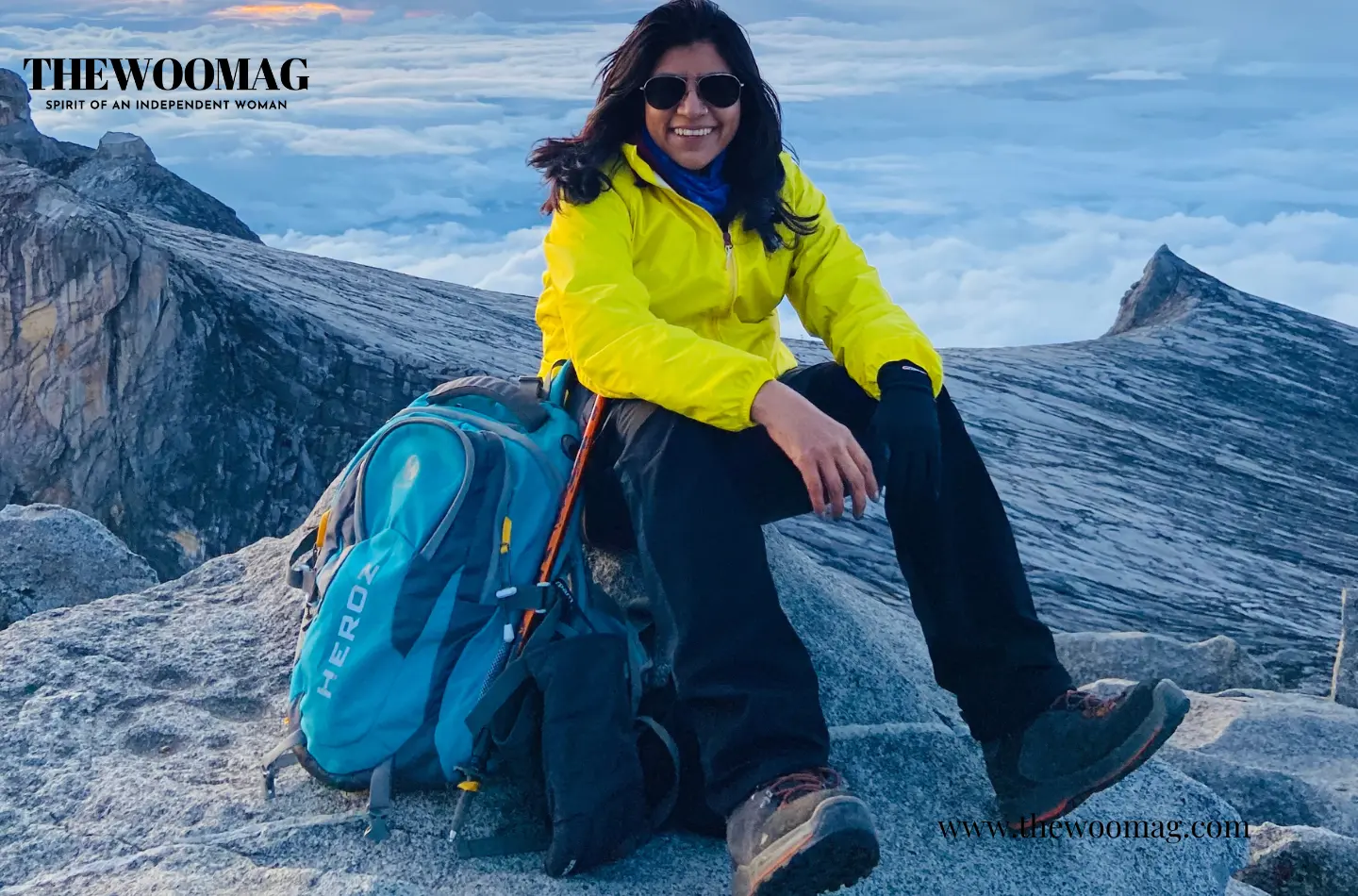
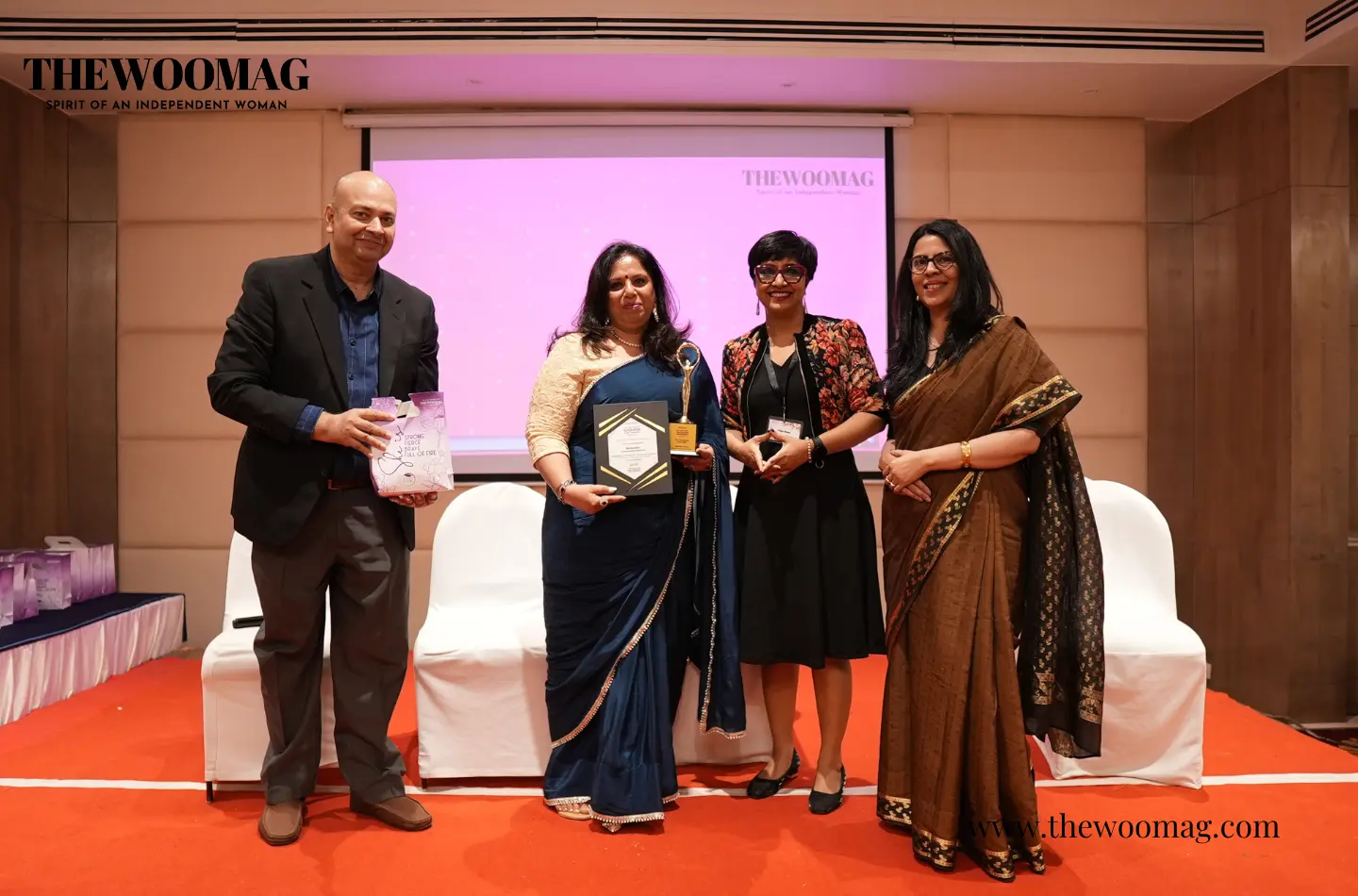
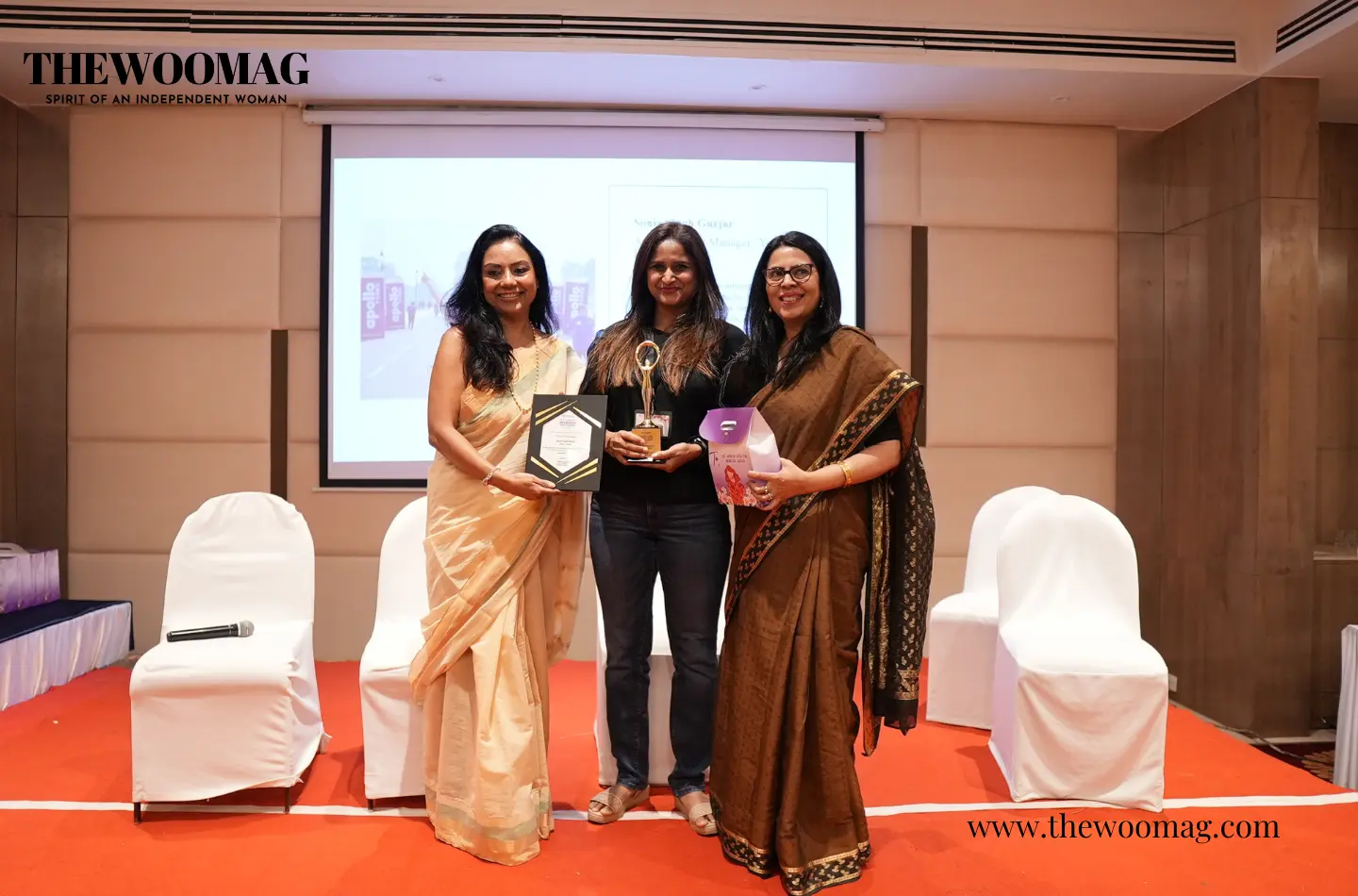
.png)



.jpg)
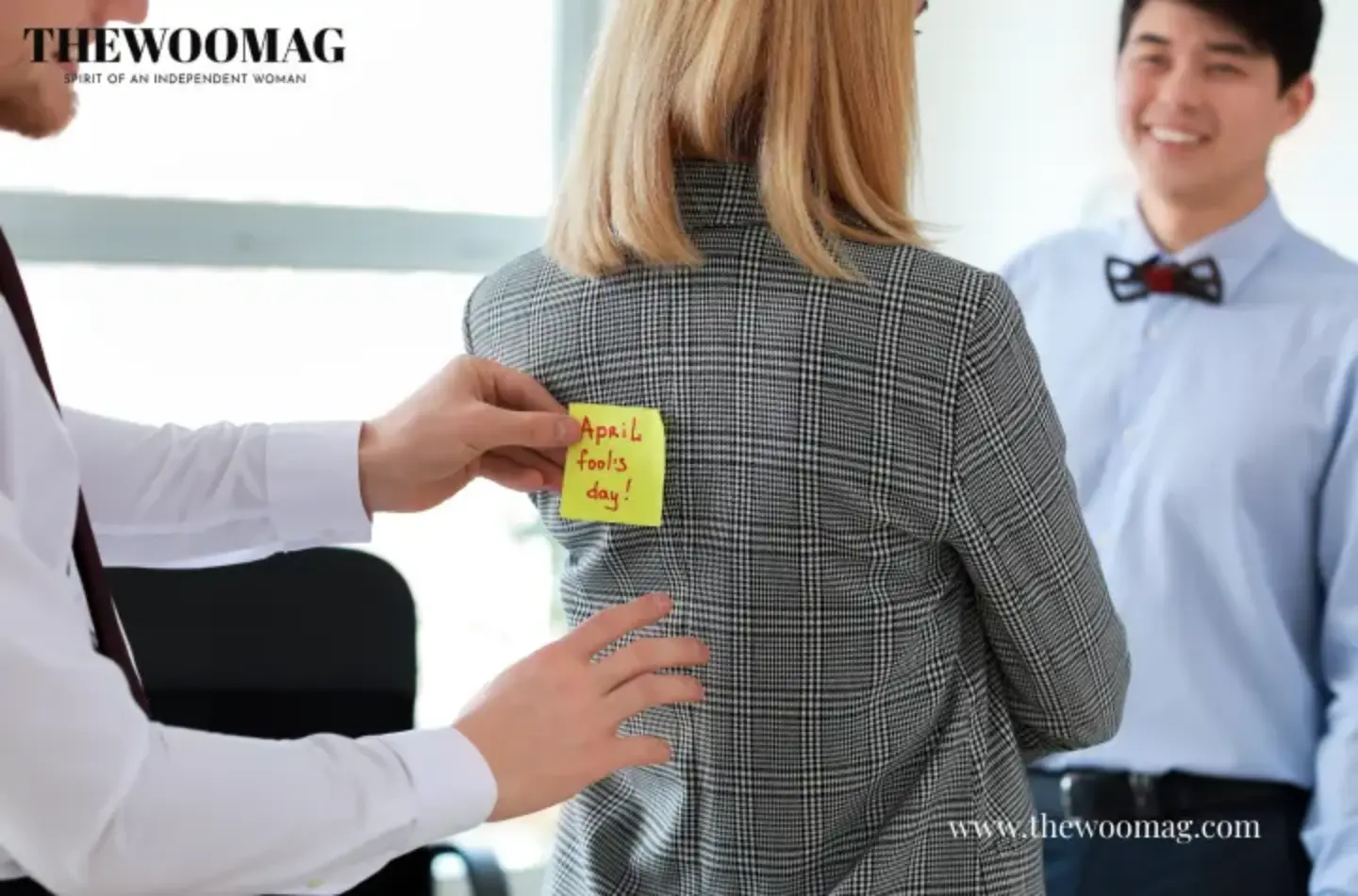
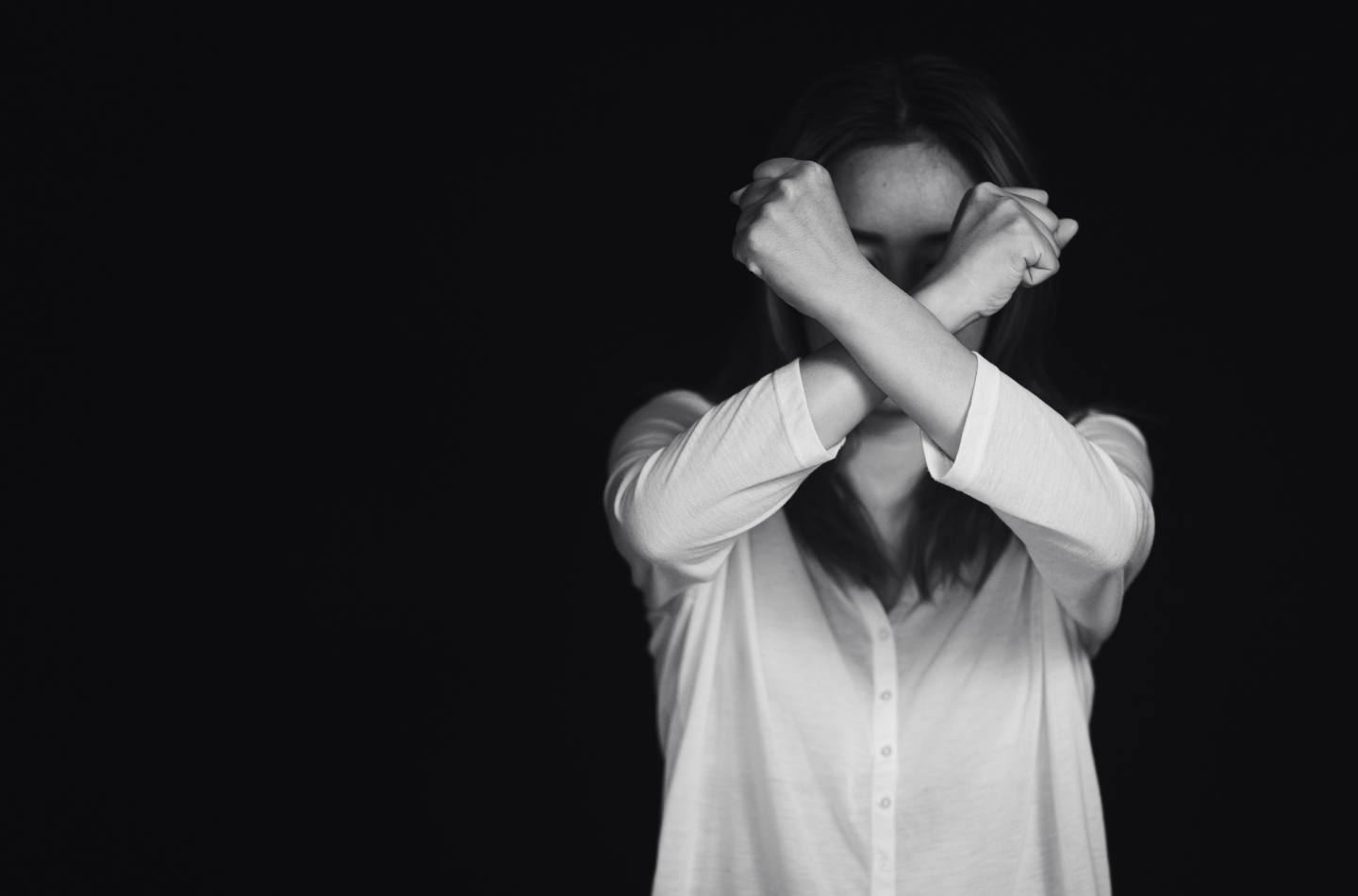
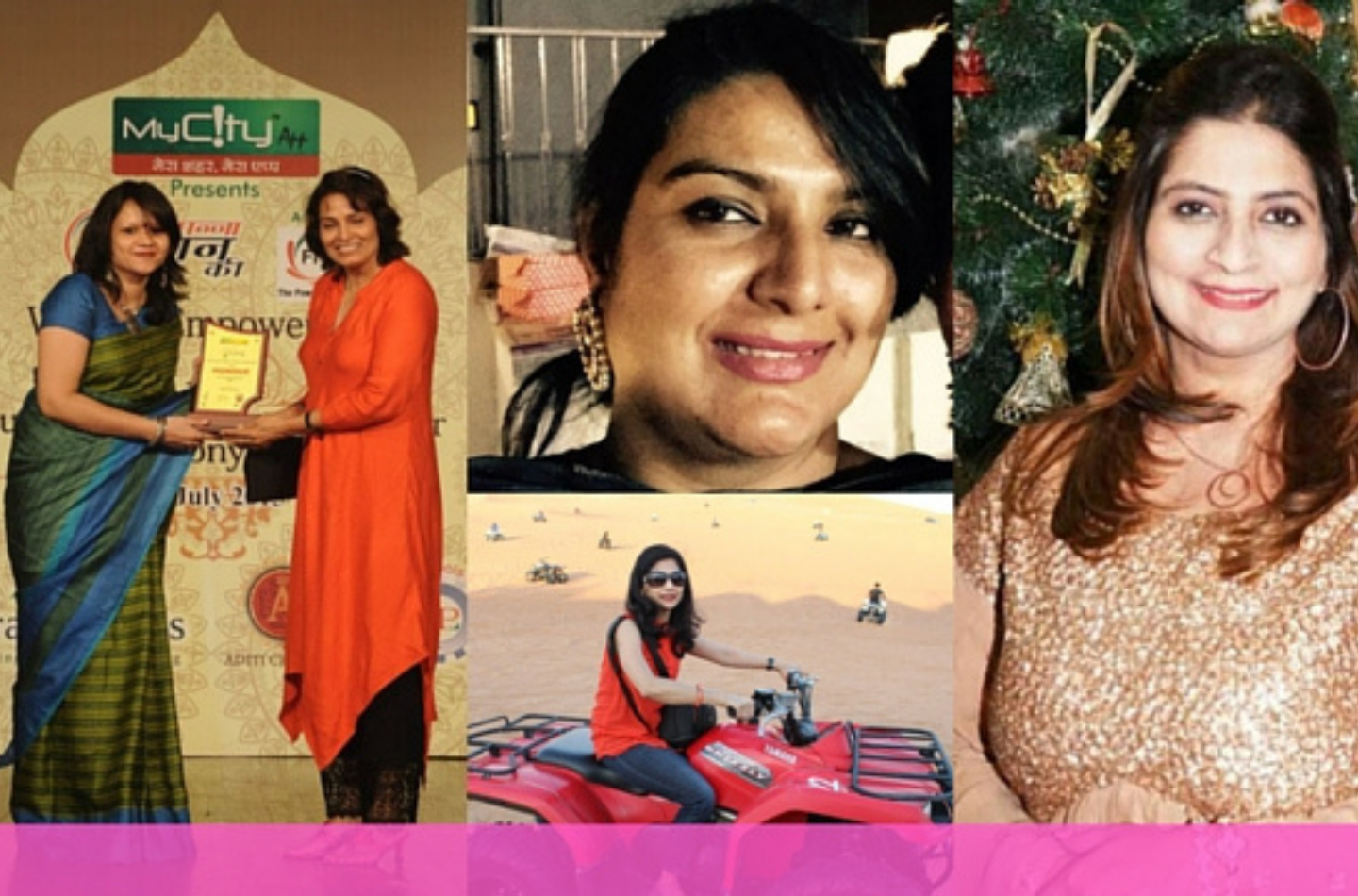

I-221, 4th Floor, Hilton Drive Avenue, Sec-50, Gurgaon, 122018, Haryana
info@thewoomag.com
+91-8586970572